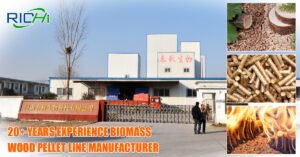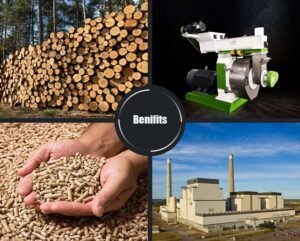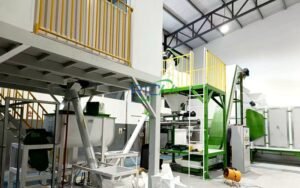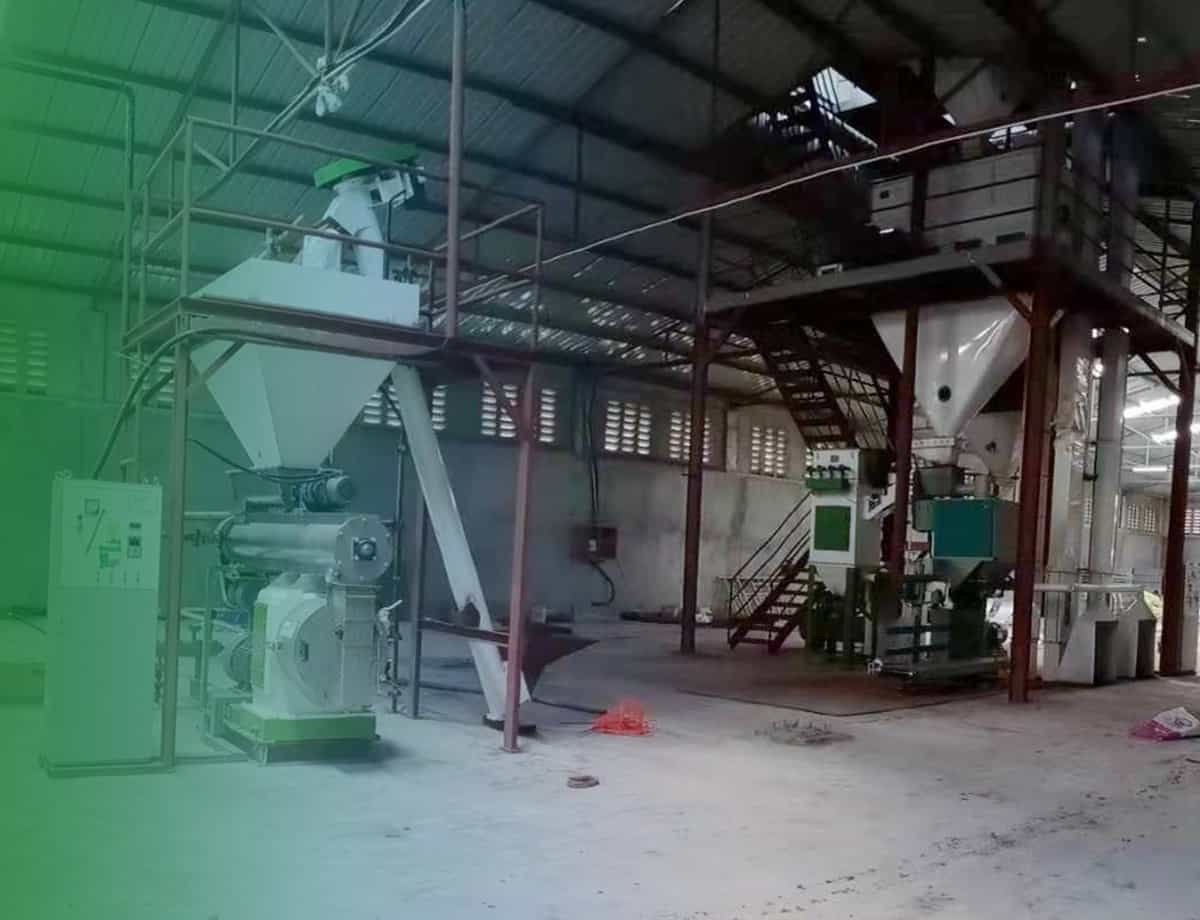
Installing and commissioning a 3-4 t/h animal feed production machine is a critical process that requires careful planning, attention to detail, and the right manpower. The number of personnel needed depends on several factors, including the complexity of the machine, the installation site, and the level of automation. This article outlines the key steps involved in the installation and commissioning process and provides guidance on the manpower requirements for a 3-4 t/h animal feed production machine.
Site Preparation and Equipment Delivery
Before the arrival of the animal feed production machine, site preparation is necessary. This typically involves:
- Clearing the installation area and ensuring adequate space for the machine and associated equipment.
- Preparing a suitable foundation, such as a concrete slab, to support the weight of the machine.
- Ensuring that the necessary utilities, such as electricity, water, and compressed air, are available and accessible.
During this phase, a small team of 2-3 personnel, including a site supervisor and general laborers, is usually sufficient to handle the site preparation tasks.Once the equipment arrives at the site, a team of 3-4 people, including the site supervisor, equipment operators, and general laborers, is needed to unload and inspect the machine components. They should check for any damage or missing parts and report any issues to the manufacturer.
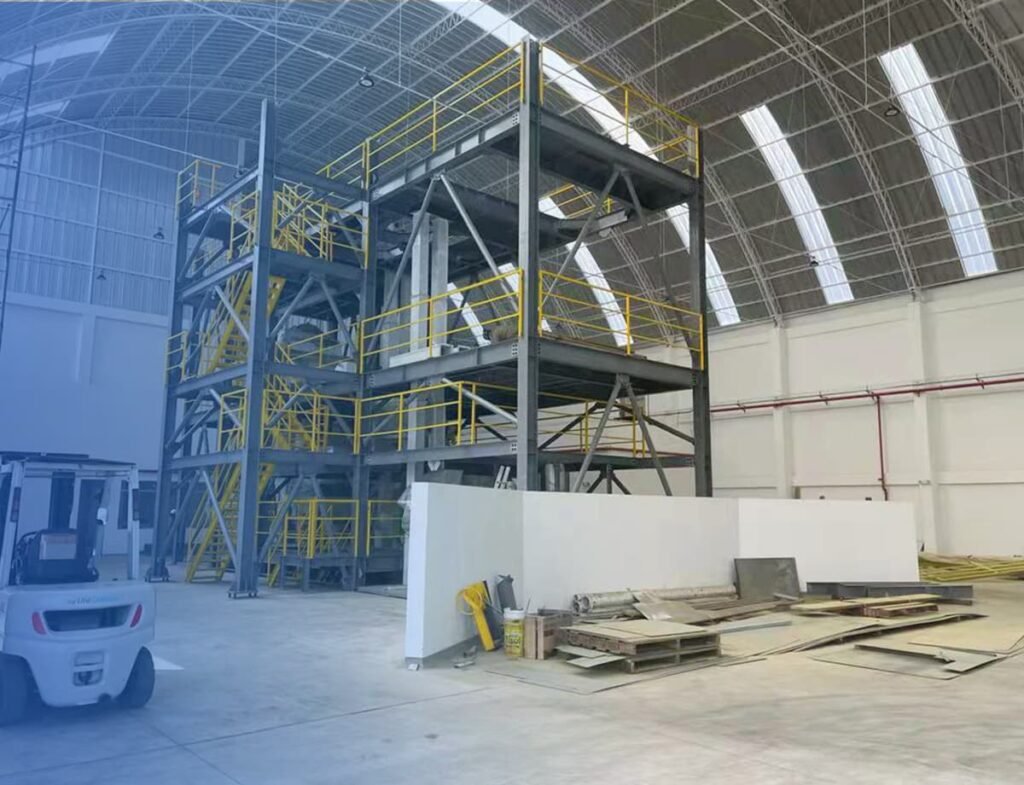
Machine Assembly and Installation
The assembly and installation of the animal feed production machine require a team of skilled technicians and operators. Typically, a team of 4-6 personnel is needed, including:
- 1-2 lead technicians with expertise in the specific machine model and experience in installation.
- 2-3 technicians or mechanics to assist with the assembly and installation of components.
- 1 electrician to handle the wiring and electrical connections.
The lead technicians should have a thorough understanding of the manufacturer’s installation manual and guidelines. They will oversee the entire installation process, ensuring that all components are properly assembled, aligned, and connected according to the specifications.The assisting technicians and mechanics will work under the guidance of the lead technicians to install the various components, such as the hammer mill, mixer, pellet mill, and cooler. The electrician will be responsible for connecting the electrical components and ensuring that the machine is properly grounded and protected.
Commissioning and Testing
Once the animal feed plant machinery is installed, the commissioning process begins. This involves testing the machine’s operation and making any necessary adjustments to ensure optimal performance. A team of 4-6 personnel is typically required for the commissioning phase, including:
- 1-2 lead technicians or engineers to oversee the commissioning process and make adjustments to the machine settings.
- 2-3 operators to run the machine during testing and provide feedback on its performance.
- 1 quality control specialist to monitor the quality of the feed produced during testing and ensure that it meets the required standards.
During the commissioning phase, the machine will be tested with small quantities of raw materials to check for proper operation, feed flow, pellet formation, and overall performance. The lead technicians will make any necessary adjustments to the machine settings, such as die clearance, roller pressure, and feed rates, to optimize the production process.The operators will provide valuable feedback on the machine’s performance, while the quality control specialist will ensure that the feed produced meets the required specifications for moisture content, density, and durability.
Training and Documentation
After the successful commissioning of the animal feed production machine, training is provided to the operators and maintenance personnel. This training is typically conducted by the lead technicians or engineers and may involve:
- Hands-on training on the operation of the machine, including start-up, shutdown, and adjustment procedures.
- Instruction on routine maintenance tasks, such as lubrication, cleaning, and inspection of components.
- Safety protocols and emergency procedures.
The training phase typically involves a team of 2-3 personnel, including the lead trainer and 1-2 trainees.In addition to training, detailed documentation, such as installation records, maintenance logs, and performance data, should be maintained throughout the installation and commissioning process. This documentation can be used for future reference and troubleshooting.
Ongoing Support and Maintenance
After the installation and commissioning are complete, ongoing support and maintenance are essential for ensuring the continued performance and longevity of the animal feed production machine. This may involve:
- Regular inspections and maintenance by a team of 1-2 technicians or mechanics.
- Collaboration with the manufacturer for technical support and the availability of spare parts.
- Continuous improvement of operating procedures and maintenance practices based on feedback from operators and performance data.
Conclusion
Installing and commissioning a 3-4 t/h animal feed production machine requires a team of skilled personnel, with the number of people needed varying depending on the specific tasks. A well-planned and executed installation process, combined with thorough training and ongoing maintenance, can help ensure the optimal performance and longevity of the machine.By investing in the right manpower and resources for the installation and commissioning of an animal feed production machine, businesses can enhance their productivity, improve feed quality, and meet the growing demand for high-quality animal feed. As the livestock industry continues to evolve, maintaining efficient and reliable feed production equipment will be crucial for success in this competitive market.
For details please contact: feed pellet machine
WhatsApp:86 138 3838 9622
Email:enquiry@richipelletmachine.com

